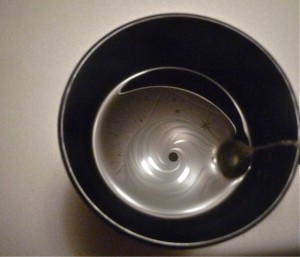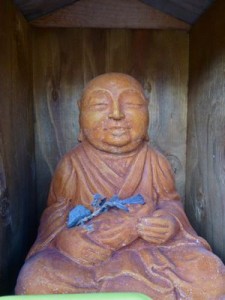Corrective Insights About Being “Religious” Post

A friend wrote the commentary, below, on my last post, and another friend shared an insight about the topic. I appreciate and welcome these loving and expansive viewpoints, and would like to share them:
“My religious conservative family in Arkansas and many conservatives I know abhor the word spiritual. It has been constructed as the other, much like the word liberal. Folks like this would say they are religious (period) and are offended by the term spiritual (again, think liberal). To the religious, there are specific forms of practice and these forms are required to be called a person of faith.
I grew up in that world. It worked well for me when it worked, and there came a time in my life when everything I had been taught fell apart. But for the rest of my family, it did not fall apart for them. It still works and be careful, because they have experiences of their faith. Experiences, just like Sufis have. So you cannot divide believers from mystics around experiences. They both have experiences of their faith but they come to them through different means. Both are valid, even if I do not understand how it works for others who are not like me.”
So you cannot divide believers from mystics around experiences. They both have experiences of their faith but they come to them through different means. Both are valid, even if I do not understand how it works for others who are not like me.”
Since thought and insight cannot themselves be Truth—which is ineffable and cannot be rendered into words—every insight opens itself to what is called “a corrective.” A corrective is another insight or truth that does not diminish the first, but augments and modifies it in an important ways, increasing perspective.
It was my intention to stimulate inquiry into the way rigidity of thought can make us uncomfortable directly exploring the Greater Whole. I like my friend’s comment because it makes my own thinking more flexible and comprehensive. It decreases the inadvertent “other” in my previous post.
A few reflections:
—Hypocrisy comes in both spiritual and religious flavors, as do all human issues.
—Superficiality and rigidity have many different types of packaging.
—Dedication to depth and direct exploration of personal experience are more likely to lead to growth than hand-me-down beliefs we do not actively engage through life experience, no matter what we label our experiences or call our belief systems.
—Either/or thinking limits us and exacerbates “other.”
—When there is an “other” group, each group is likely to project what we don’t like in our own group onto the “other,” just as individuals project inner material that is difficult to own onto other people.
The second friend with whom I discussed my last post shared another valuable insight. He said that some people who become “religious,” in the sense of having a rigid and codified way of managing reality, have emerged into this way of being only after living in unmanageable chaos. In this case, sorting reality into manageable categories is a big life improvement. This is one reason people may go from drugs to Jesus.
It is important to allow our beliefs to be flexible, to reach for experience, and to allow our experience to change as our hearts continue to unfold. Then again, we can only start where we are. Rigidity may compensate for fear, overwhelm, uncertainty, or shame.
Behavior and ways of thinking that are an advantage for some are severely limiting for others. The hermit crab needs a shell that is not too cramped and not too big to get around and stay safe. We are like hermit crabs in the way we view and take on life. We cast off beliefs that are too tight and take on the next bigger size, only to jettison that one as we continue to grow.
Whatever perspective we maintain, broadening it is of spiritual benefit—but we can only do that when and as we are able to do so and remain relatively stabile. Maintaining compassion is more important than maintaining any particular point of view.
When you are set in a particular view, what makes that view resistant to change?
How is this resistance structured inside you?


 belief that is mind-based, garnered from something one has been told to believe, instead of upon direct personal experience.
belief that is mind-based, garnered from something one has been told to believe, instead of upon direct personal experience.


















